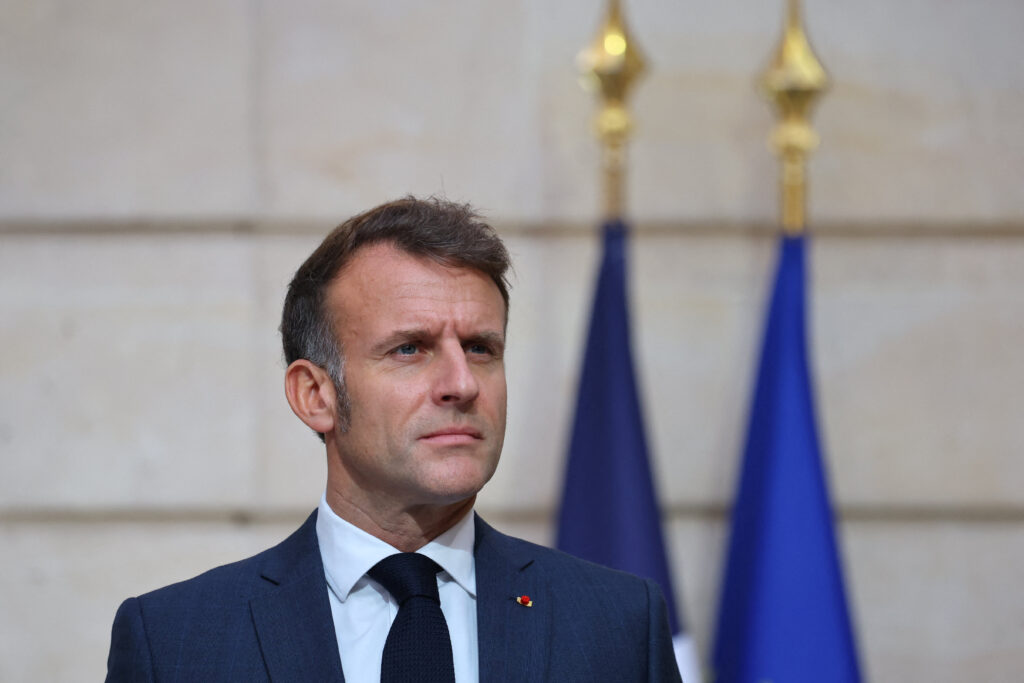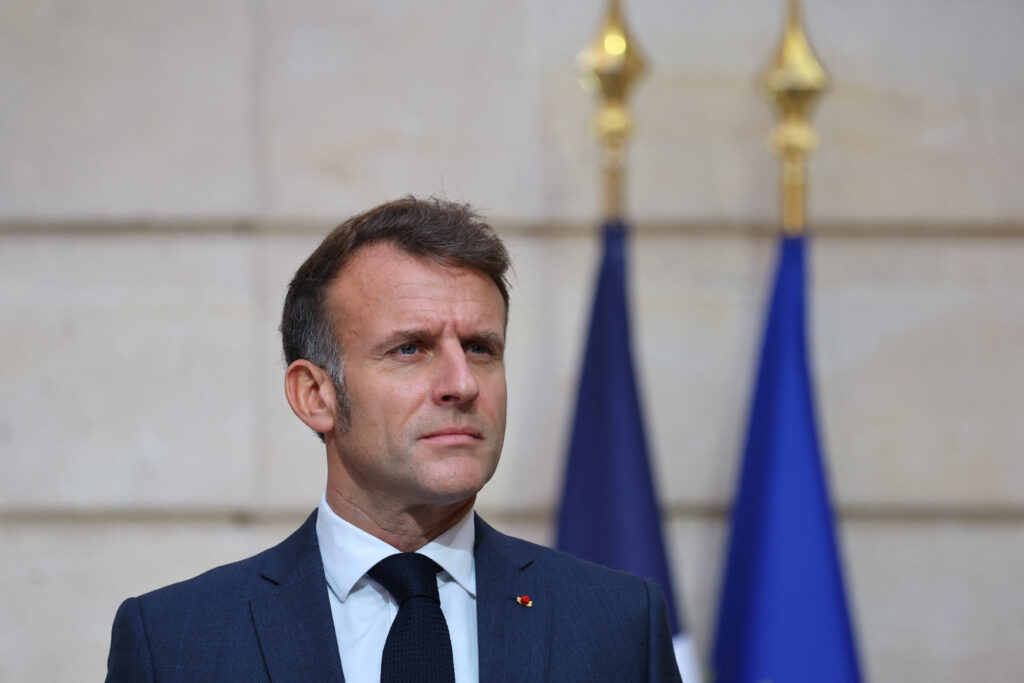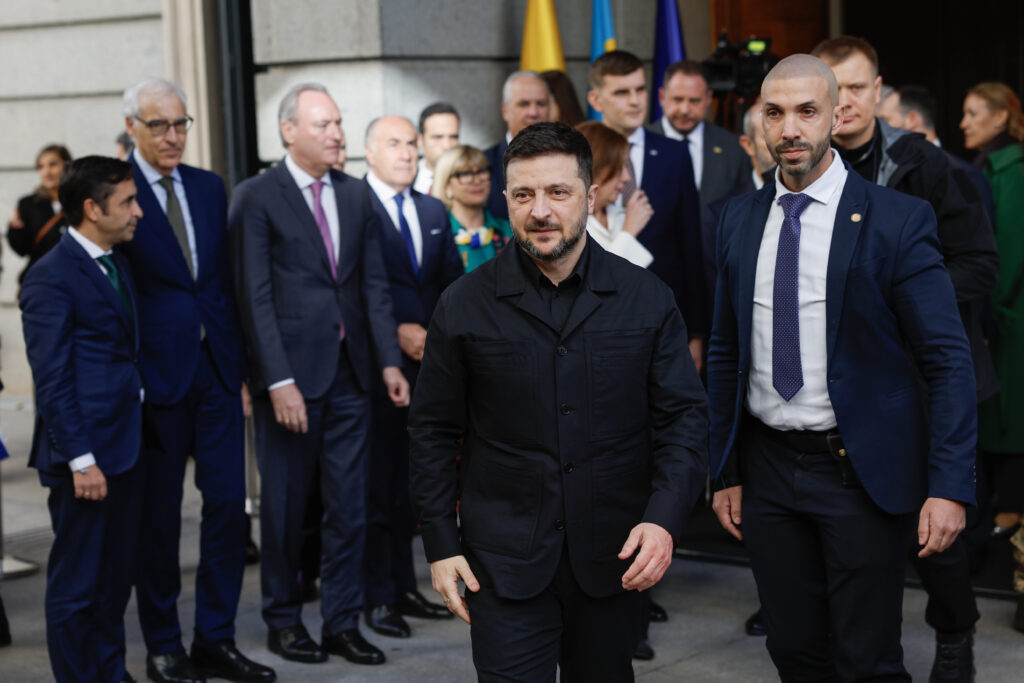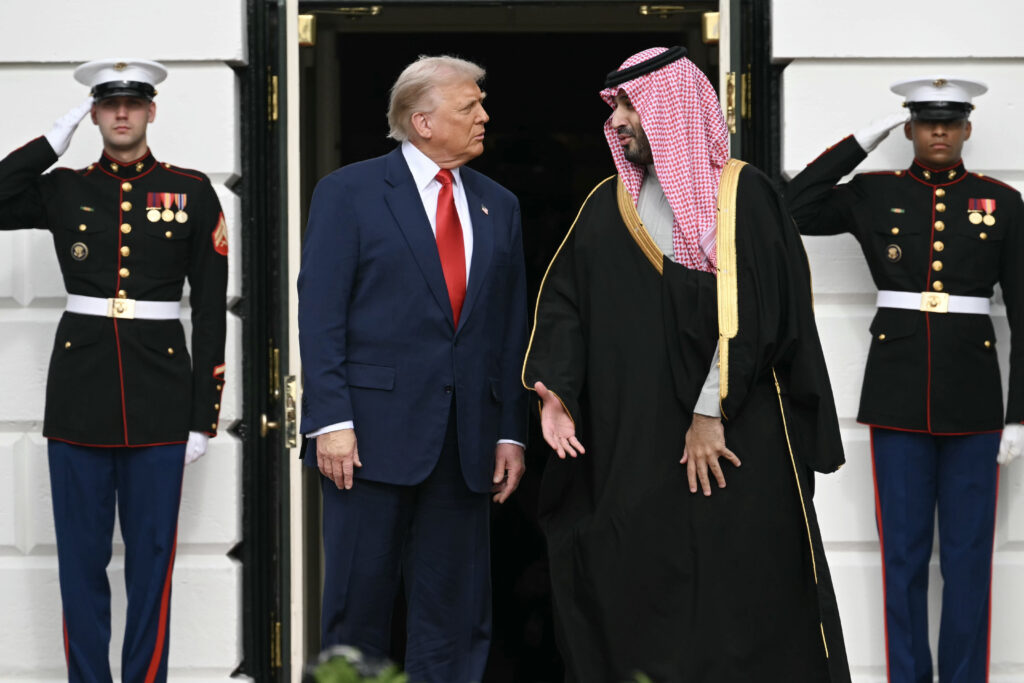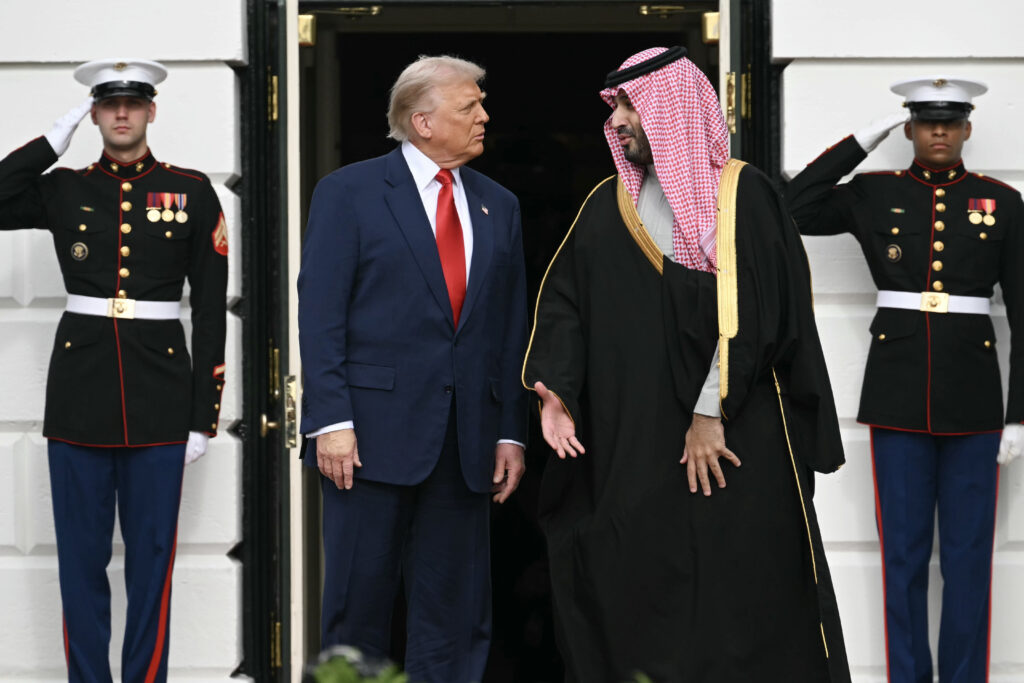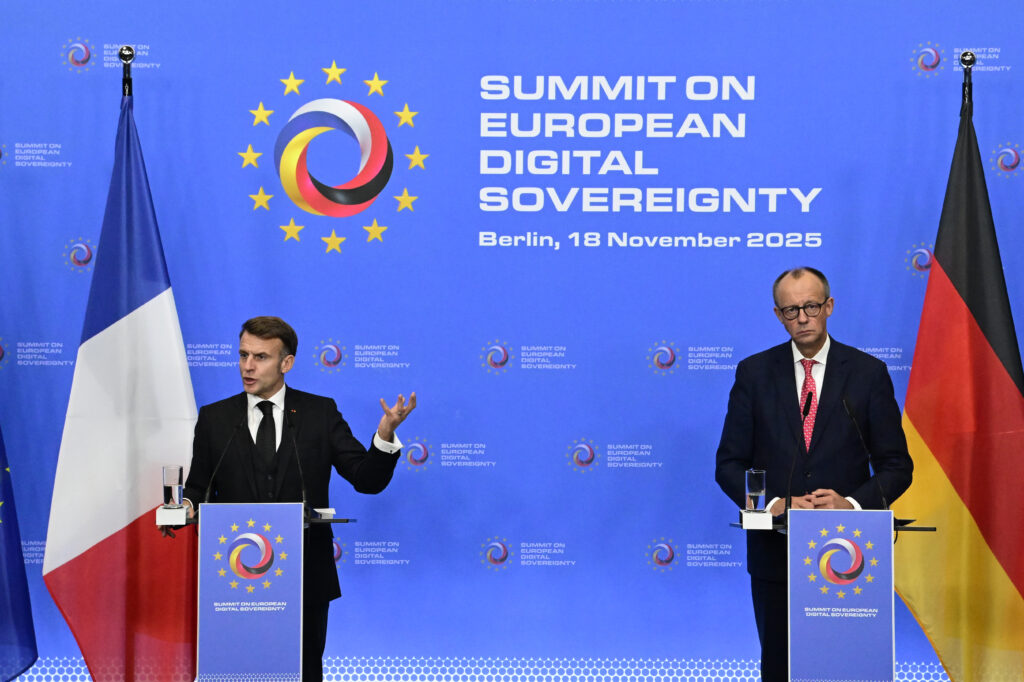Narcotrafic : Macron souhaite la même approche que dans “la lutte contre le terrorisme”
Emmanuel Macron a demandé mardi “d’amplifier” la lutte contre le narcotrafic en adoptant la même approche que pour “le terrorisme” après l’assassinat, la semaine dernière à Marseille, du frère d’un militant écologiste, “un point de bascule” pour le gouvernement.Le chef de l’Etat a présidé, dans la matinée, une réunion d’urgence à l’Elysée autour de plusieurs ministres et d’acteurs concernés par le trafic de stupéfiants – le procureur de la République de Marseille, Nicolas Bessone, le directeur général de la police nationale, Louis Laugier, et celui de la police judiciaire, Christian Sainte.”Ce qui a été fait”, “et même réussi, dans la lutte contre le terrorisme”, “nous devons le faire” sur le narcotrafic, a affirmé dans la soirée le chef de l’Etat lors d’une conférence de presse à Berlin. “Acheter de la cocaïne”, c’est “être complice”, a-t-il ajouté.Ces déclarations interviennent après l’assassinat, jeudi, du frère du militant écologiste Amine Kessaci, engagé dans la lutte contre le narcobanditisme, un “crime d’intimidation” et “un assassinat d’avertissement” pour les autorités.”C’est un combat qui ne fait que commencer”, a prévenu devant l’Assemblée nationale Sébastien Lecornu, appelant à “l’unité nationale”.Partageant l'”émotion, la colère” et “la solidarité de l’ensemble de la nation” avec la famille Kessaci, qui a perdu en 2020 un autre fils, Brahim, dans un règlement de comptes, le chef du gouvernement a assuré que “tout sera fait pour que la justice soit rendue”.Le ministre de l’Intérieur Laurent Nuñez se rendra avec son homologue de la Justice Gérald Darmanin jeudi à Marseille à la demande du chef de l’Etat, qui se rendra lui même mi-décembre dans la citée phocéenne.- Trafiquants “à cran” -“Les trafiquants et notamment ceux qui dirigent les mafias marseillaises sont de plus en plus à cran parce que nous menons des actions qui sont extrêmement efficaces”, a estimé Laurent Nuñez.De son côté, le ministre des Affaires étrangères, Jean-Nöel Barrot, doit présenter jeudi à Bruxelles une proposition de “régime transversal” de sanctions contre les acteurs de la criminalité organisée. Comme en matière de terrorisme, l’exécutif plaide pour un “décloisonnement entre le national et le local” et entre “tout ce qui relève de la police administrative et la police judiciaire”, ainsi que des “coopérations internationales” avec les pays où des commanditaires “continuent de donner des ordres”.Les obsèques de Mehdi Kessaci ont réuni, mardi, dans la douleur les Marseillais, qui ont témoigné de leur effarement face à cette “nouvelle étape dans l’horreur” du narcobanditisme, redoutant qu’elle n’entraine l’omerta. “Les grands effets d’annonce, c’est bien, les moyens concrets, c’est mieux”, a réagi auprès de l’AFP l’avocat de la famille Kessaci, Me Mathieu Croizet, rappelant qu’il manque encore 30 magistrats dans la juridiction de Marseille. Emmanuel Macron s’est entretenu par téléphone avec Amine Kessaci, selon une source proche du dossier.Les faits criminels liés au narcotrafic se multiplient. A Grenoble, un jeune adolescent a été touché dans la nuit de samedi à dimanche par trois balles près d’un point de deal. Ses agresseurs sont en fuite.- Municipales -L’exécutif entend intensifier la mise en oeuvre de la loi promulguée en juin, qui prévoit l’installation d’un parquet national anticriminalité organisée (Pnaco) à compter du 1er janvier, sur le modèle du parquet national antiterroriste et du parquet national financier. La loi comprend aussi des mesures répressives, des outils pour les enquêteurs, et la création de quartiers de haute sécurité dans des prisons pour y placer à l’isolement les narcotrafiquants les plus dangereux.Sa rapporteure et sénatrice LR Muriel Jourda attend en particulier les décrets d’application concernant le “statut des informateurs et le régime des repentis”.A quatre mois des municipales, le sujet devient un thème majeur dans la campagne électorale.Le candidat RN à la mairie de Marseille, Franck Allisio, a réclamé “l’état d’urgence à Marseille”, une mesure qui donne davantage de pouvoir aux préfets pour interdire certains rassemblements ou décider de perquisitions administratives.La question doit aussi être abordée au congrès de l’Association des maires de France (AMF) cette semaine à Paris. “Cette réalité nous la vivons dans les grandes villes, les villes moyennes mais aussi les villages”, selon son président David Lisnard, maire LR de Cannes (Alpes-Maritimes).Manuel Bompard, député LFI de Marseille, a lui appelé à “sortir de l’impasse répressive sur la drogue” tout en renforçant les moyens de la police judiciaire et de la justice afin de “démanteler en profondeur les réseaux de criminalité organisée”. sm-mby-lum-far-jp-san-we-are-sde/CBN
